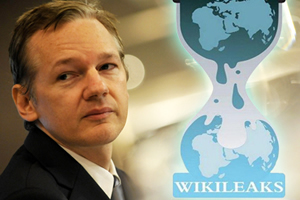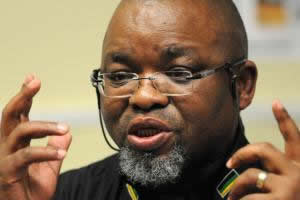World deserves peace, security
progress humanity has made towards this goal. According to a statement by the governing council of the Bahá’í international community, “The Great Peace towards which people of good will throughout the centuries have inclined their hearts, of which seers and poets for countless generations have expressed their vision, and for which from age to age the sacred scriptures of mankind have constantly held the promise, is now at long last within the reach of the nations.”
Now exist, more than ever before, conditions for the establishment on the earth of a lasting peace. As members of one human family, we have become more and more interdependent. The technology of the age has enabled people to move about the world with great ease while international communication has become almost instantaneous.
We now have more than ever before, conditions for the establishment of peace on earth. Despite these achievements there are still persistent barriers to peace. The most common barriers are prejudices, suspicions and narrow self-interest and setting the needs of one group or a nation above the needs of humanity as a whole.
Peace and Security
Where there is no peace, there is no security. Civil and regional wars still being fought and the build up of weapons by major powers and impoverished countries alike are evidences of intensity of violence at our times. Refugee movements in order to escape the consequences of this violence, is a bitter reality of our times.
While acknowledging the reality of conflict and violence in many parts of the world there is a paralysing contradiction. On the one hand, people proclaim not only their readiness but their longing for peace, for an end to the war and conflict that is tormenting their daily lives.
On the other, there is a belief that human beings are selfish and aggressive and therefore incapable of erecting a peaceful social system based on co-operation and reciprocity. It is the Bahá’í view that ” . . . such conduct, far from expressing man’s true self, represents a distortion of the human spirit.”
Understanding the true nature of human beings and guidance from religion: ” . . . will enable all people to set in motion constructive social forces which, because they are consistent with human nature, will encourage harmony and co-operation instead of war and conflict.”
Religion has a limitless power to inspire change and long-term commitment in its followers, and a peaceful and prosperous global society cannot be built without directly and substantively involving religion.
However, for religion to help in meeting the diverse challenges confronting the humanity today it must be free from fanaticism, prejudice and animosity.
At the Global level For the emerging global order to lead us to peace it must be founded on the principle of the oneness of mankind. This principle, once it is accepted and affirmed as a common understanding, provides the practical basis for the organisation of relationships between nations.
The oneness of mankind, in the Bahá’í view, is not to undermine national autonomy or suppress cultural diversity. It is rather to broaden the basis of the existing foundations of society by calling for a wider loyalty, a loyalty to the human race, and it’s watchword is unity in diversity.
Besides, the increasingly apparent interconnectedness of development, security and human rights on a global scale confirms that peace and prosperity are indivisible. It is also clear that if the welfare of the nations as a whole is ignored or neglected, it will not be possible to have lasting peace.
Collective Security
The question we probably all have is how to change the world with its patterns of conflict to a world in which harmony and cooperation will prevail.
While recognition of the oneness of mankind and the abandonment of all types of prejudice by individuals is the first requirement, in addition the Bahá’í Faith envisions a system of collective security within a framework of a global federation.
It foresees the creation of a global commonwealth of nations to uphold world peace, in which all races, creeds and classes are united and the autonomy of its state members and the personal freedom and initiative of the individuals are safeguarded.
In1985, Bahá’ís around the world launched an effort to help eradicate the old world attitudes and behaviours that have for so long presented seemingly insurmountable barriers to the achievement of world peace.
This campaign began with a letter addressed to “The Peoples of the World” by the Universal House of Justice, the governing council of the Bahá’í international community, entitled “The Promise of World Peace”.
The document analysed the reasons that world peace had for so long been considered unattainable – citing seven major barriers and outlining new approaches for the demolition of those barriers.
This document can be made available at request.
Any new thinking about peace must begin with the belief in the oneness of humanity. It will also be necessary to have international institutions to regulate international affairs.
The ultimate goal, however, is not simply to end war and to create agencies of international cooperation, but it is the unification of all the peoples of the world in one universal family.











Comments